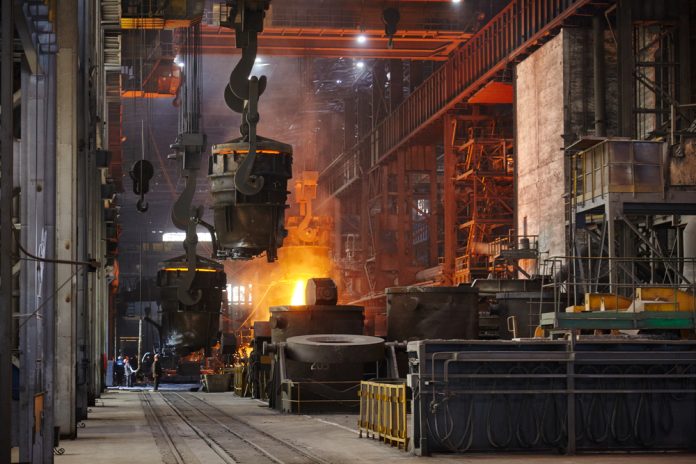A new ResponsibleSteel report has revealed that despite efforts across the steel industry, major improvements must be made to achieve decarbonisation goals.
The Charting Progress to 1.5°C through Certification report found that despite leading steelmakers taking major steps to decarbonise and introduce low-emission steel options, the work by this select number of ‘first movers’ will be insufficient.
ResponsibleSteel says the entire steel industry must take coordinated action to achieve Paris Agreement climate goals, and this progress needs to be mapped out in a universal language.
Annie Heaton, ResponsibleSteel’s CEO, explained: “Transforming the steel industry will require bold and universal action. No one can sit on the sidelines.
“Our analysis shows how certification can be used both to plan and to track the progress of every site on an equitable basis. Those who are not certified cannot be tracked.”
Analysing steel industry decarbonisation
The new report, based on the International Energy Agency’s (IEA) Net Zero Emissions by 2050 and the Mission Possible Partnership’s (MPP) Carbon Cost scenarios, outlines essential actions for the global steel industry to meet Paris Agreement climate commitments.
Reviewed by the IEA, the Energy Transitions Commission, and Systemiq, the report has been endorsed by organisations such as the OECD, Baowu Group, and the Climate Group.
To align with a 1.5°C climate trajectory, every steel plant must reduce emissions below today’s average intensity by 2030.
Without immediate action, today’s average emitters will become the highest polluters by decade’s end.
ResponsibleSteel recommendations
The ResponsibleSteel International Production Standard is key for tracking and accelerating decarbonisation.
It provides a framework for comparing steel plants globally, encouraging investment in sustainable practices while ensuring social and environmental responsibility.
Analysis of six key steelmaking regions shows viable transition pathways, though regional factors like scrap availability, resources, policies, and finance access will affect the pace of change. The report insists on the necessity of immediate action.
Addressing indirect supply chain emissions, potentially up to one-third of total sector emissions by 2050, is crucial for the industry’s sustainable transition.
The urgency for the steel industry to transform cannot be overstated. ResponsibleSteel’s report highlights the imperative for coordinated and immediate action across the entire sector to meet the ambitious decarbonisation targets set by the Paris Agreement.
The path to a 1.5°C climate trajectory is clear, but it requires bold, collective action from every player in the steel industry.









